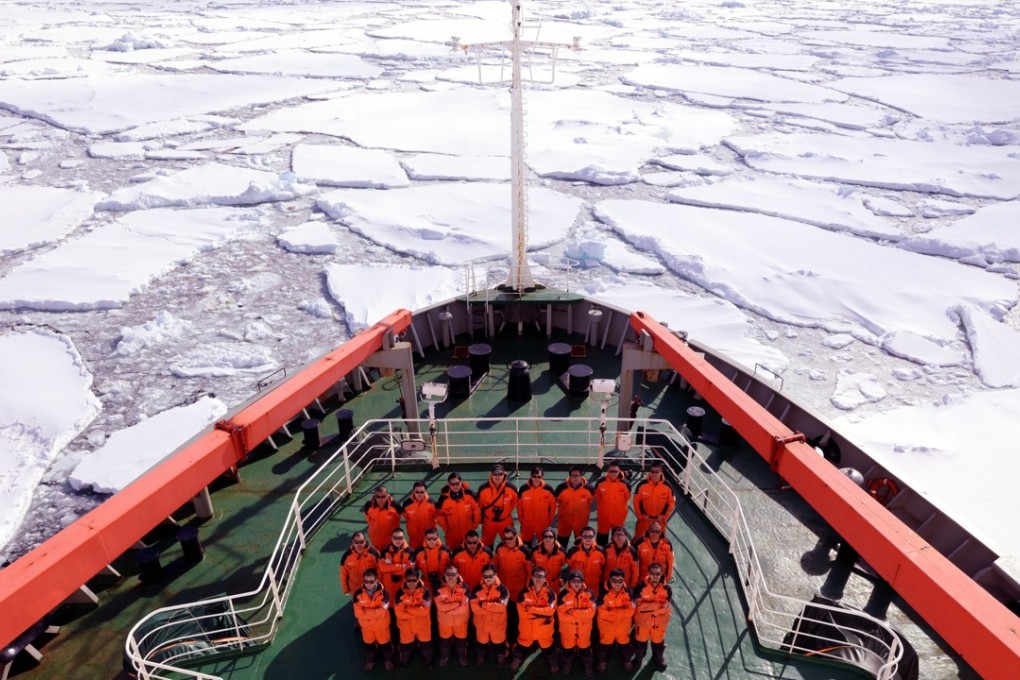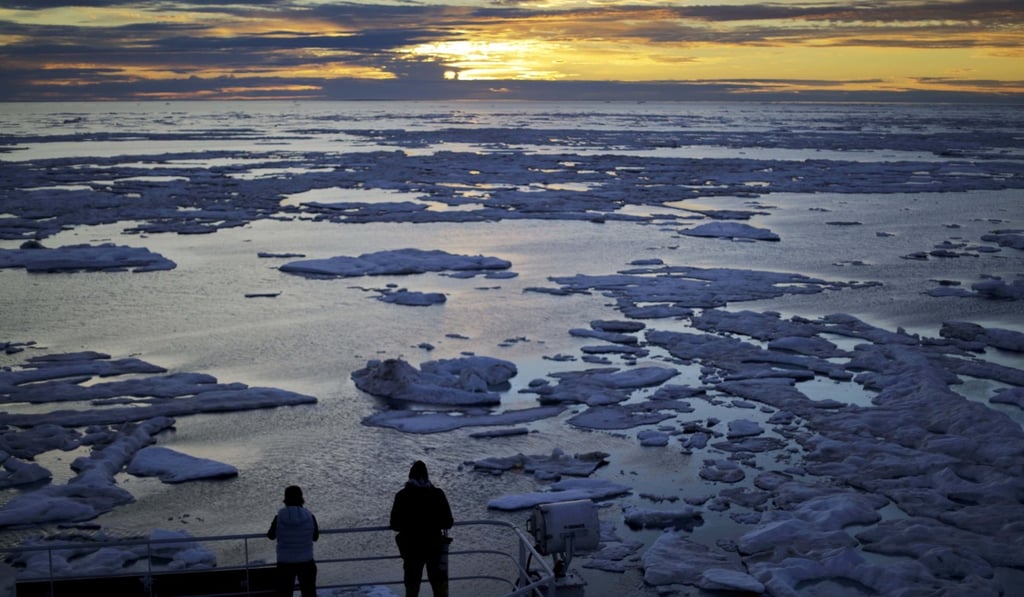How China’s Arctic policy paper has warmed the atmosphere with international observers
Nong Hong says China’s new white paper spelling out the nation’s intentions for the Arctic relieves some concerns over transparency and conformity to international rule of law. Yet, some issues, like potential sovereignty disputes with Canada and naval manoeuvres, could still prove troublesome

The white paper is, on one hand, the outcome of policymakers’ careful deliberation, and on the other reflects the long-standing expectations of researchers, countries and international organisations involved in Arctic governance, which China has been involved in for some time. The recent expansion of its role has invited international suspicion as to its intentions in the Arctic, especially from council member states.
The paper has been issued at the right time to reduce this scepticism and provide strategic guidelines for its participation in Arctic governance.
